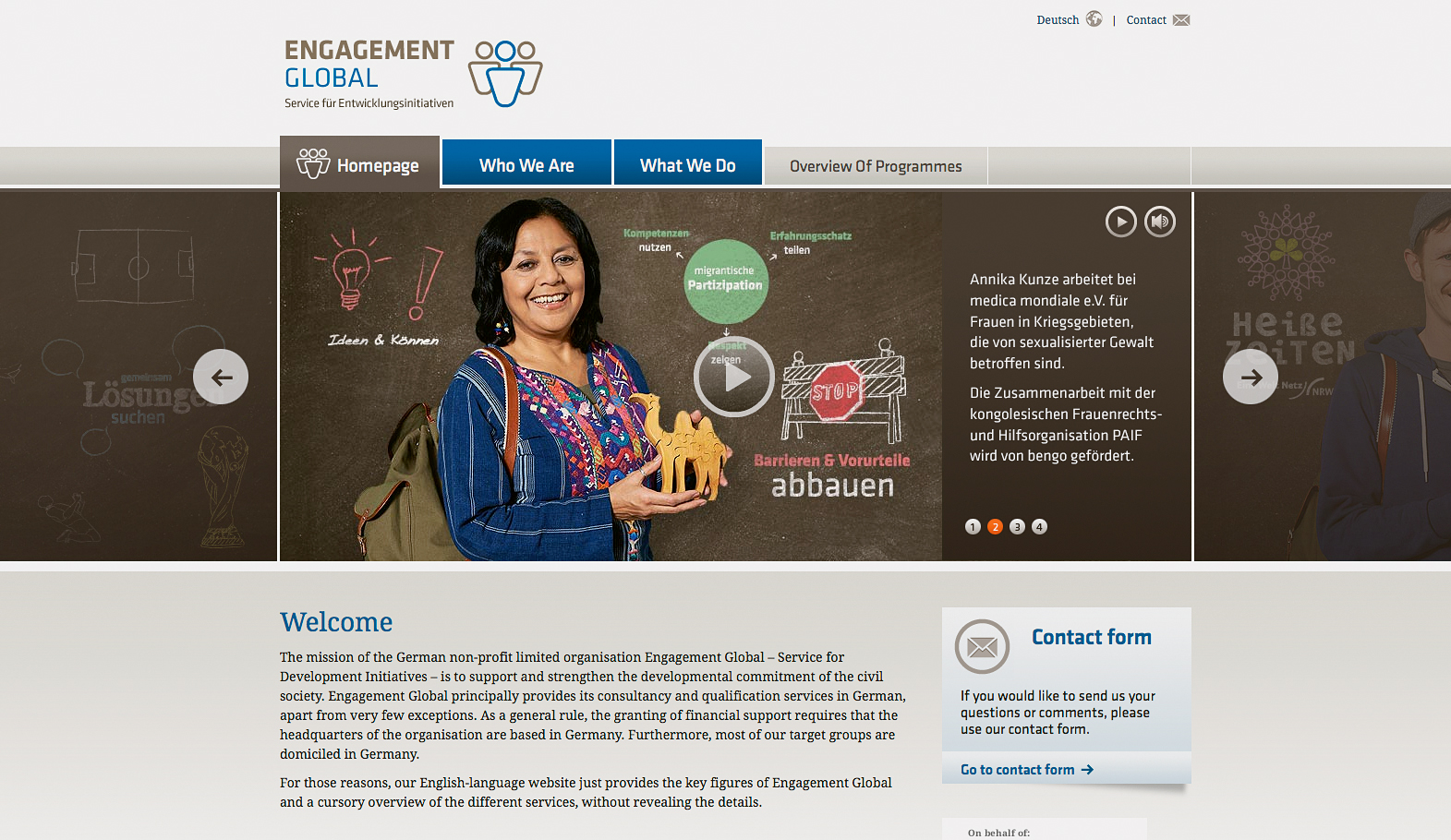Habitat development
“Future development will be urban”
City authorities face many challenges. They need to build adequate infrastructure (housing, transport, water, sanitation, power supply et cetera), and they have to attract private-sector investments to generate jobs. Some cities are more successful than others, so it would make sense for the less successful ones to learn from the more successful ones. Relevant information, however, is not always easily available.
Things will improve. In cooperation with the Association of German Cities (Deutscher Städtetag), two German development agencies – GIZ and Engagement Global – have launched a new website called Connective Cities in June. The aim is to network urban actors from politics and administration, industry, science and civil society at an international level in order to spread information about good solutions to pressing problems. “The Connective Cities platform will make expertise visible globally”, says Sabine Drees of the Association of German Cities.
The platform should prove very useful. “In the next decades, development will equal urban development”, predicts Jens Libbe from the German Institute for Urban Affairs. Such development won’t necessarily take place in megacities of the world. Small and mid-sized towns are also growing fast, and many of them are not prepared to deal with an influx of many people.
The big question is how to solve the massive problems that rapid urbanisation presents. Experts agree that bottom-up approaches work best, and that such approaches should be formalised. Listening to the voice of the people can make a difference. Tarakan in Indonesia, for example, managed to improve public services on the basis of a survey of customer complaints, according to Khairul, one of the managers in charge of the matter.
International organisations similarly emphasise that public participation matters. UN Habitat is running a project called Participatory and Inclusive Land Readjustment. Albert Padrós of UN Habitat says: “Rapidly growing cities need lots of extra land, which can be acquired by replotting and rezoning urban areas.” He reports that the participatory and inclusive approach worked well in the Colombian city Medellín.
The Connective Cities platform is supposed to accomplish three things, says Manfred Poppe from GIZ:
- sharing information on best practices,
- strengthening of expertise, qualifications and skills and
- developing new, joint projects.
German cities are encouraged to share their expertise in this international dialogue, and they will benefit from the exchange themselves, says Ulrich Held of Engagement Global: “Any good practice examples of municipalities in the global south will result in improvements in German towns.”
Connective Cities is not primarily about twinning towns however. The focus is on engaging actors from different sectors on relevant issues. Linda Mbonambia from eThekwini, the municipality that is in charge of Durban and its suburbs in South Africa, appreciates this approach: “We need to move away from the concept that one sector will lead development. It’s all about integrating methods and new approaches with bigger visions.”
Sheila Mysorekar










